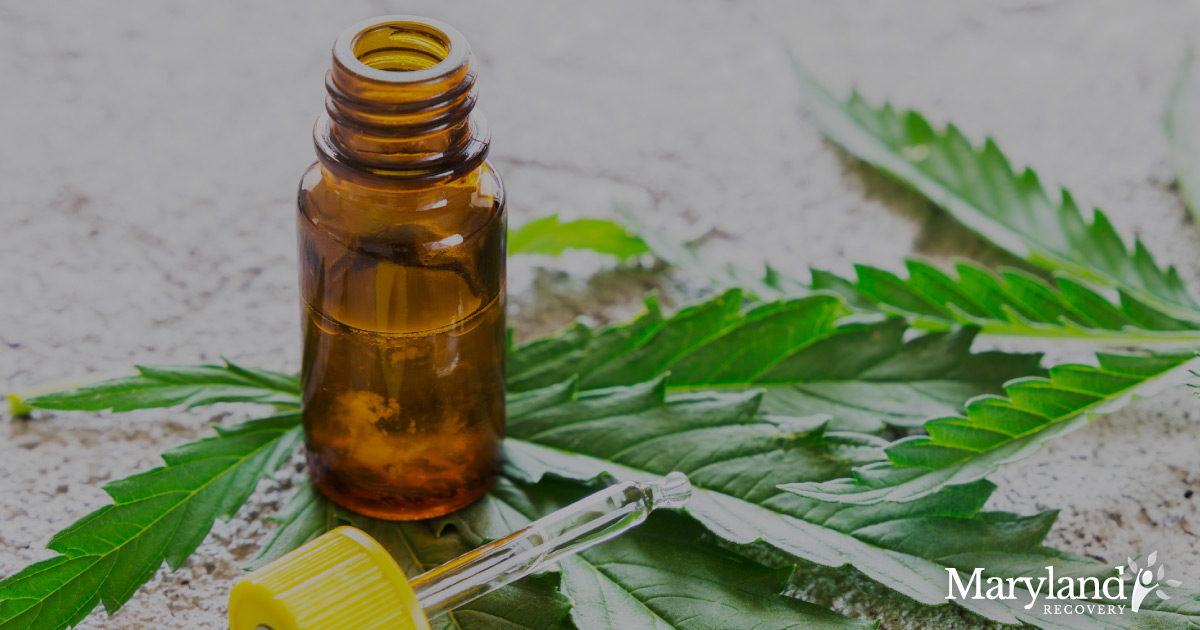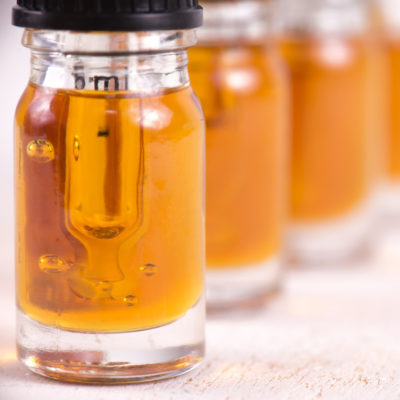Thinning Agents Common in Oils
The most obvious danger to be aware of with regard to unsafe chemicals in CBD oils are the use of thinning agents. Because CBD oils are naturally unfit for vaping, chemical additives are used to change the composition of the product. Often the chemicals used to thin CBD oils contain dangerous quantities of polyethylene glycol and propylene glycol, which become extremely harmful when exposed to heat.
This danger was recently confirmed by a study published in the New England Journal of Medicine, which concluded that long-term exposure to superheated thinning agents found in vaping oil can greatly increase an individual’s risk for cancer, 5 to 15 times more so than smoking cigarettes. Other studies have shown that short-term exposure to the same chemicals can contribute to or worsen respiratory problems.
Limited Data Undercuts Health Benefits
The legitimate concerns regarding CBD oil vaping may be offset to some degree by the substance’s widely touted health benefits. Unfortunately, the hard data suggests these claims are either an exaggeration or derived from findings that were far from conclusive.
An article published last year by WebMD.com pointed out that the vast majority of data pointing toward the claimed benefits of CBD oils have only be measured in animals. In fact, less than a handful of human testing has been performed to substantiate these claims. The one exception to this rule being epilepsy, a condition that CBD vaping actually has a strong clinical basis for treating with some success.
As stated previously, strong federal resistance to medical marijuana has made it extremely difficult for major scientific institutions to perform funded research on the health benefits of CBD products, let alone data that could be used to inform effective industry standards.
Marijuana Addiction Is Very Real
Proponents of CBD oils are quick to point to the lack of any known cases of marijuana or CBD oil overdoses to rank them as safer alternatives to traditional prescription medication. And while it is true that marijuana and by extension CBD oil is not chemically addictive, the accepted reality of marijuana addiction should make CBD oil users take pause.
The latest studies performed by the National Institutes of Health (NIH) showed that among all users of marijuana, 9% become psychologically dependent on the substance and find themselves in need of treatment. While this study was not limited to CBD oil vaping products, it demonstrates that it is a very real possibility for an individual to become mentally dependent on CBD oil, prioritizing the substance over family, friends, and their careers.
Adolescents Are at Greater Risk
The same data collected by the NIH concluded that among those who began using marijuana products in their teens, the number who eventually went on to become addicted to the substance rose to a substantial 17%. This reflects the increased likelihood of an adolescent developing an immature and increasingly unhealthy relationship with CBD oil vaping or other marijuana products. Parents should carefully consider these risks before allowing their children to go on a marijuana or CBD oil based prescription.


 CBD vaping oil has been sold to most Americans as a wonder cure. Unfortunately, the science behind the products currently on the market suggest that patients are more likely to worsen their overall health with vaping than they are to improve it. That alone should give pause to those who are interested in seeking out the untested, unregulated drug as an alternative to traditional medication.
CBD vaping oil has been sold to most Americans as a wonder cure. Unfortunately, the science behind the products currently on the market suggest that patients are more likely to worsen their overall health with vaping than they are to improve it. That alone should give pause to those who are interested in seeking out the untested, unregulated drug as an alternative to traditional medication.






